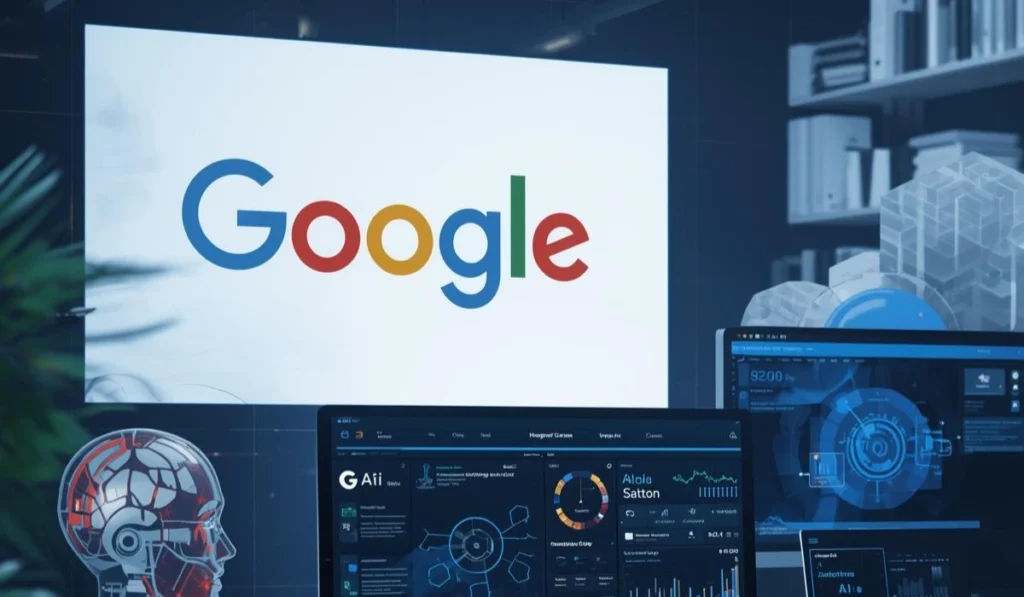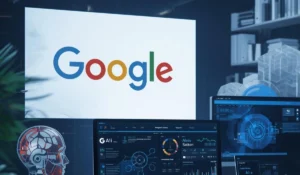Artificial intelligence has rapidly changed how people work, create, and explore the world. Google, a global leader in AI development, has built a suite of innovative tools designed to simplify complex tasks and inspire creativity. From improving productivity to transforming how travellers plan their journeys, these AI tools influence nearly every aspect of modern life.
Moreover, they even enhance how tourists explore destinations such as Hamburg places to visit, offering smarter recommendations and immersive experiences. Through continuous innovation and ethical AI practices, Google continues to set new standards for reliability, accessibility, and human-centered design.
Top AI Tools by Google in 2025
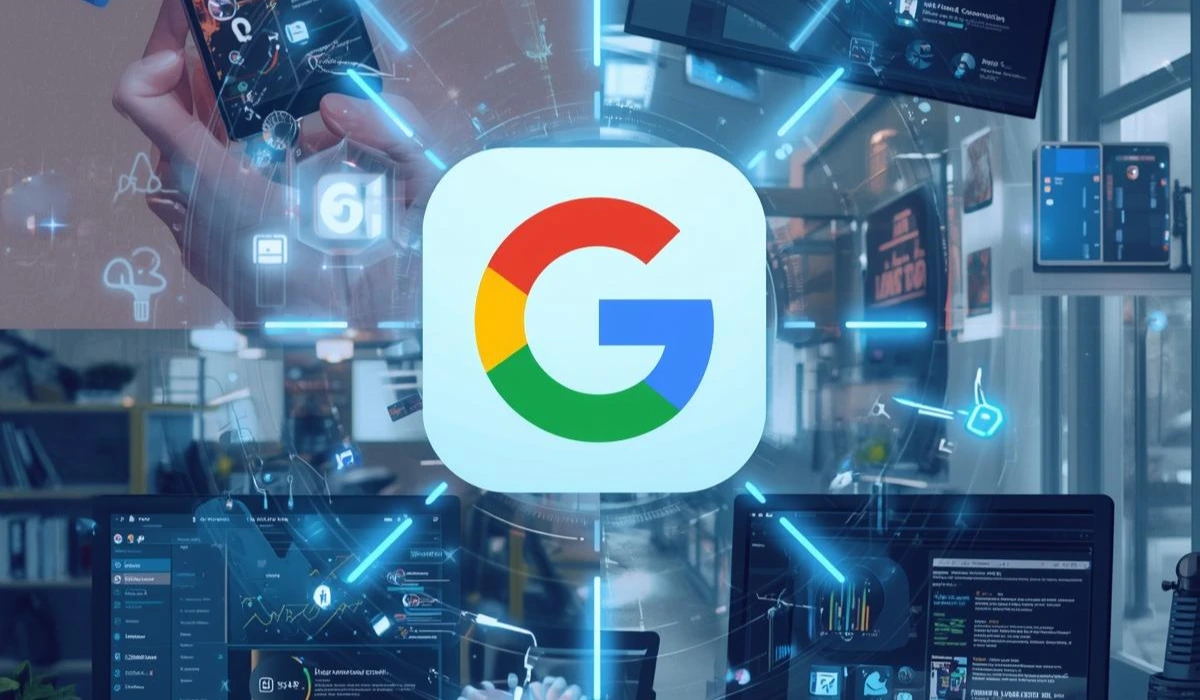
Today, Google offers a diverse range of AI tools that empower individuals, professionals, and developers alike. In fact, these tools combine creativity, automation, and decision-making across countless industries.At the core is Gemini, Google’s multimodal model that powers numerous products within Google Workspace.
Additionally, Gemini can understand text, audio, video, and code, making it one of the most adaptable AI assistants available. Meanwhile, NotebookLM serves as a personalized research companion. Users can upload documents, ask complex questions, and receive concise summaries grounded in their own data, an ideal tool for students and strategists.
For developers, Vertex AI delivers scalable infrastructure through Google Cloud, enabling organizations to train, deploy, and refine models efficiently. On the creative side, tools like Google Videos and Nano Banana let users generate images and videos from prompts. Consequently, these tools create a robust ecosystem where productivity meets innovation, transforming how people create and analyse.
Essential AI Tools for Everyday Users
Google integrates AI into familiar applications, making everyday tasks faster and smarter. As such, users benefit from seamless AI experiences without needing technical expertise. This integration ensures accessibility for everyone, bridging the gap between advanced technology and daily convenience.
-
Gemini for Google Workspace – Helps write, summarize, and analyze content in Docs, Sheets, and Gmail.
-
Smart Compose and Reply – Suggests phrases and refines tone automatically in Gmail.
-
Google Photos AI – Detects objects, edits backgrounds, and organizes photos intuitively.
-
Google Meet AI – Adjusts lighting, provides captions, and summarizes meetings.
-
AI in Google Search – Offers AI Overviews that highlight Hamburg attractions and related insights.
Altogether, these features demonstrate how Google’s AI assists users daily improving communication, accuracy, and convenience.
Top Developer-Focused AI Tools from Google
While everyday users enjoy built-in assistance, developers can access deeper AI functionality through Google’s advanced platforms. Furthermore, these resources make AI integration straightforward and secure. This dual approach allows both individuals and organizations to benefit from Google’s intelligent ecosystem efficiently.
Key AI Platforms for Developers
-
Vertex AI – Provides an end-to-end platform for machine learning model management.
-
Gemini API / AI Studio – Simplifies the process of experimenting with and deploying generative models.
-
MediaPipe – Offers pre-built pipelines for vision, motion, and gesture recognition.
-
TensorFlow – Remains a foundational open-source library for deep learning worldwide.
-
Google Labs – Lets users test experimental tools before commercial release.
Hence, developers, researchers, and innovators can harness these technologies to build intelligent, efficient, and future-ready solutions.
Ethical Use and Limitations of Google’s AI Tools
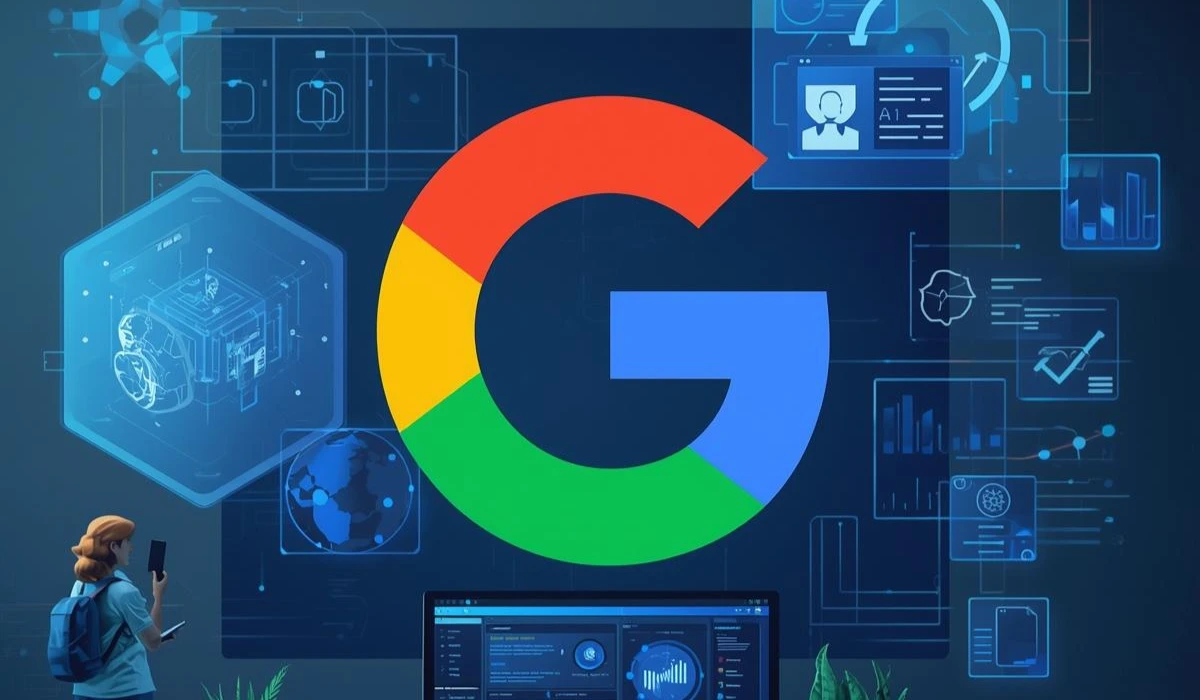
While Google’s AI tools are powerful, they also come with responsibilities. Therefore, ethical awareness remains essential for sustainable use.AI systems may hallucinate, creating confident but incorrect statements. Consequently, verification and human oversight are critical, especially in sensitive domains like health or law.
Moreover, privacy must remain a top priority. Although Google states that Workspace data isn’t used for general training, users should always handle confidential information carefully. In addition, Google continues to address bias and fairness concerns. Through continuous auditing, it strives to create balanced models that serve everyone equally.
On the other hand, interpretability challenges persist as AI grows more complex. Maintaining transparency about how systems make decisions is vital to preserving trust. By acknowledging these issues and offering safeguards, Google demonstrates genuine trustworthiness and accountability.
How AI Transforms Search and Discovery
Google Search has evolved dramatically through artificial intelligence. Rather than simply returning links, AI now helps users find complete answers faster. This evolution improves search accuracy, making information more relevant, personalized, and accessible to everyone.
Key AI Features in Search
-
Generative AI Overviews: summarize multiple sources into one cohesive explanation.
-
AI Mode: allows conversational and voice-based interactions for convenience.
-
Multimodal Search: connects text, voice, and images for richer discovery.
-
AI Planning Assistance: automatically creates itineraries for Hamburg sightseeing or similar trips.
-
Contextual Summaries: deliver at-a-glance insights for easier understanding.
As a result, searching for things to see in Hamburg or exploring research topics has become more intuitive and engaging.
AI in Creativity and Media Production
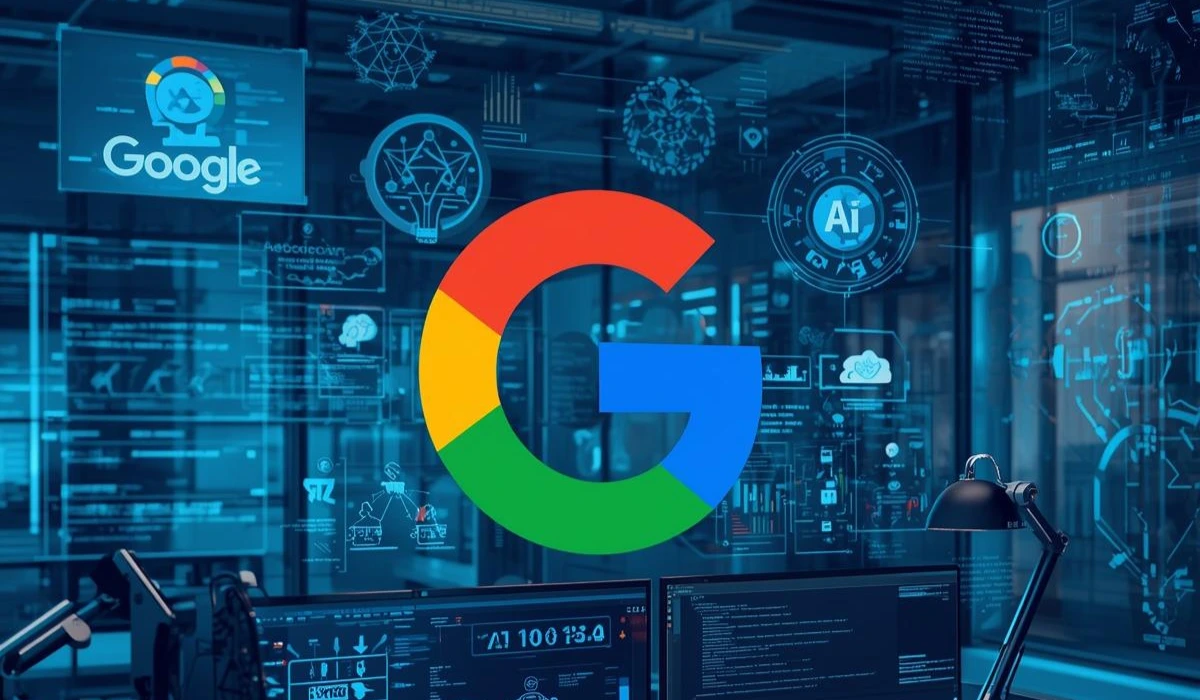
Creativity is another field where Google’s AI shines. For example, artists and content creators now use AI to brainstorm, design, and edit faster than ever. Imagen 3 generates lifelike visuals from text prompts, while Veo and Google Videos produce cinematic-quality clips. Furthermore, creators covering Hamburg places to visit can use AI tools to generate visuals, captions, or even animated intros.
These innovations not only save time but also inspire new forms of digital storytelling. Additionally, they encourage experimentation, allowing creators to explore unique artistic styles and perspectives. Ultimately, by lowering the barrier to entry, Google empowers everyone, not just professionals, to express their ideas visually and narratively.
Practical Use Cases of Google AI Tools
The versatility of Google’s AI tools ensures applicability across numerous industries. In fact, both individuals and organizations benefit from intelligent automation and creativity. From education and healthcare to marketing and travel, these tools streamline workflows and unlock innovative possibilities.
-
Writers – Brainstorm, draft, and edit seamlessly with Gemini.
-
Students – Summarize research materials efficiently through NotebookLM.
-
Marketers – Generate campaign assets using Imagen and Nano Banana.
-
Developers – Deploy smart applications using Vertex AI.
-
Travel Enthusiasts – Plan Hamburg places to visit using AI-powered Search and Maps.
-
Enterprises – Automate reporting and improve decision-making through data-driven insights.
Consequently, Google’s AI tools not only save time but also unlock opportunities for innovation across sectors.
Best Practices for Using Google AI Responsibly
Harnessing AI effectively requires thoughtful use and ethical discipline. Therefore, following best practices helps maintain reliability and integrity. By promoting transparency and responsible innovation, Google ensures that its AI technologies remain trustworthy and beneficial for all users.
Key Guidelines for Responsible AI Use
-
Verify outputs before relying on them for official purposes.
-
Avoid over-dependence, using AI as a creative partner instead of a replacement.
-
Maintain human oversight to preserve nuance and accountability.
-
Protect privacy by avoiding sensitive inputs in open tools.
-
Stay informed about Google’s AI ethics updates and guidelines.
-
Iterate responsibly, ensuring accuracy before scaling projects.
Altogether, these habits ensure safe, productive, and ethical engagement with AI-driven workflows.
Conclusion
Google’s AI tools mark a major step in blending intelligence with accessibility. Whether you’re a writer, developer, or traveler exploring Hamburg places to visit, these tools make creativity smoother and more efficient. Explore more about the top AI tools that complement Google’s innovations.
In conclusion, Google’s commitment to transparency, responsibility, and inclusivity keeps it at the forefront of the AI revolution. As technology advances, these tools will evolve, ensuring innovation stays rooted in trust and creativity. Explore the best AI drawing generator to see how AI is transforming digital art.

